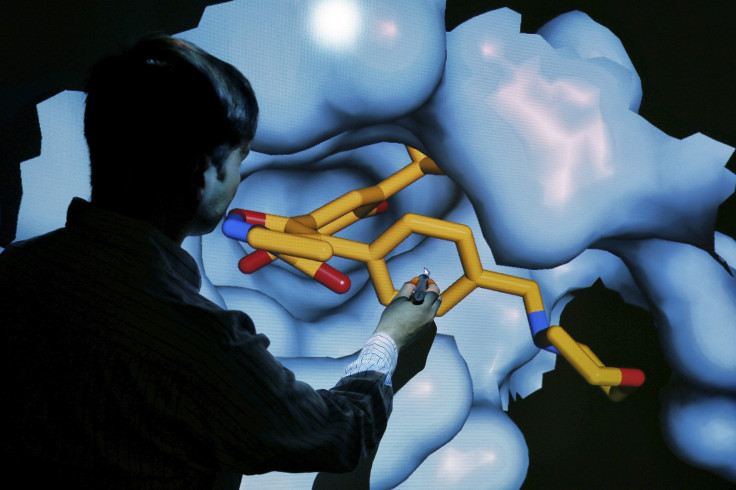Early Signs Of Cancer Can Be Determined By New Test That Finds Tumors Before They Grow

A medical research breakthrough at the University of California, San Diego could soon provide the fastest way for people to detect potentially cancerous tumors and remove them before undergoing invasive surgeries. And like many other historic revelations, the discovery was found entirely by chance.
A study published Monday in Nature Genetics described a new blood test researchers at the California medical research institution created to detect the smallest levels of DNA emitted from dying tumor cells. Dead tumor cells are some of the earliest signs potentially cancerous tumors are forming somewhere in the body – though traditional blood tests are unable to pick up where those cells may be coming from inside the body.
Read: Cure For Cancer Found? Brain Tumors Disappear In Patient Receiving CAR-T Cell Therapy
"Knowing the tumor's location is critical for effective early detection," Kun Zhang, senior author of the study and a bioengineering professor at University of California, San Diego, said in a statement.
The blood test was reportedly capable of locating where dead tumor cells are coming from as they make their way into the blood stream. The blood test specifically searches for CpG methylation haplotypes, a DNA signature researchers are capable of tracing back to specific points in the body.
The team at the University of California matched halotypes with regions of the body in order to create a key indicating where tumors are forming in the body in their earliest stages.
"We made this discovery by accident," Zhang said. "Initially, we were taking the conventional approach and just looking for cancer cell signals and trying to find out where they were coming from. But we were also seeing signals from other cells and realized that if we integrate both sets of signals together, we could actually determine the presence or absence of a tumor, and where the tumor is growing."
Cancer is one of the most deadly epidemics worldwide, accounting for nearly 600,000 deaths in the U.S. throughout 2014 – the second leading cause of death behind heart disease, according to the Centers for Disease Control and Prevention.
© Copyright IBTimes 2024. All rights reserved.






















